We all love our dogs, but they can also be frustrating in so many ways. Some of their odd behaviors can make us panic and question their intelligence!
In the case of eating rocks, their behavior can also be incredibly dangerous. You’d think they’d know better, and most dogs do — so why do some dogs eat rocks?
There are many possible reasons, including nutritional deficiencies, illness, anxiety, teething, or frustration and boredom from a lack of attention, exercise, or mental stimulation. If your dog is eating rocks, it’s essential to take them to the vet before you do anything else.
Your veterinarian can tell you if your dog’s health is in jeopardy from the rocks they’ve eaten. They can also find or rule out medical conditions as the underlying cause.
Below are six reasons a dog might eat rocks, and what you can do about it.
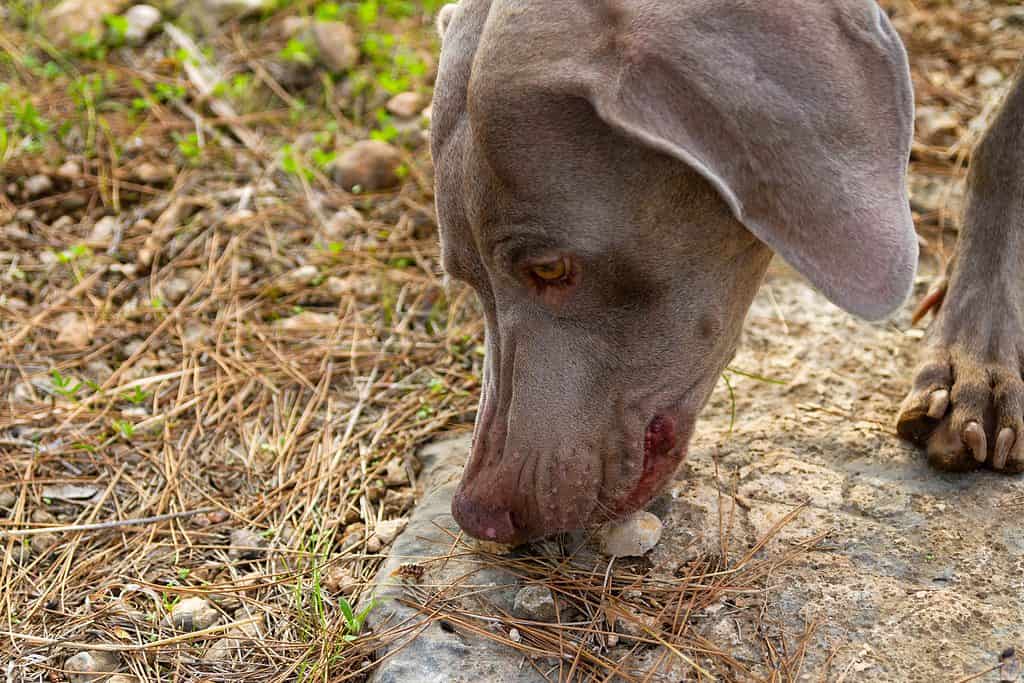
©YDP/Shutterstock.com
1. Eating Rocks is Not Normal
First, it’s important to know that eating rocks is not normal behavior — and it often indicates a medical problem. Potential causes of rock eating include nutritional deficiencies, diabetes, tumors, worms, other parasites, and various other medical conditions.
It’s vital that you find the root of the problem and address it. While eating rocks can be a behavioral problem, don’t assume this until you’ve consulted a veterinarian.
They should run bloodwork, stool tests, and any other tests they feel are necessary to rule out medical conditions that could cause this behavior.
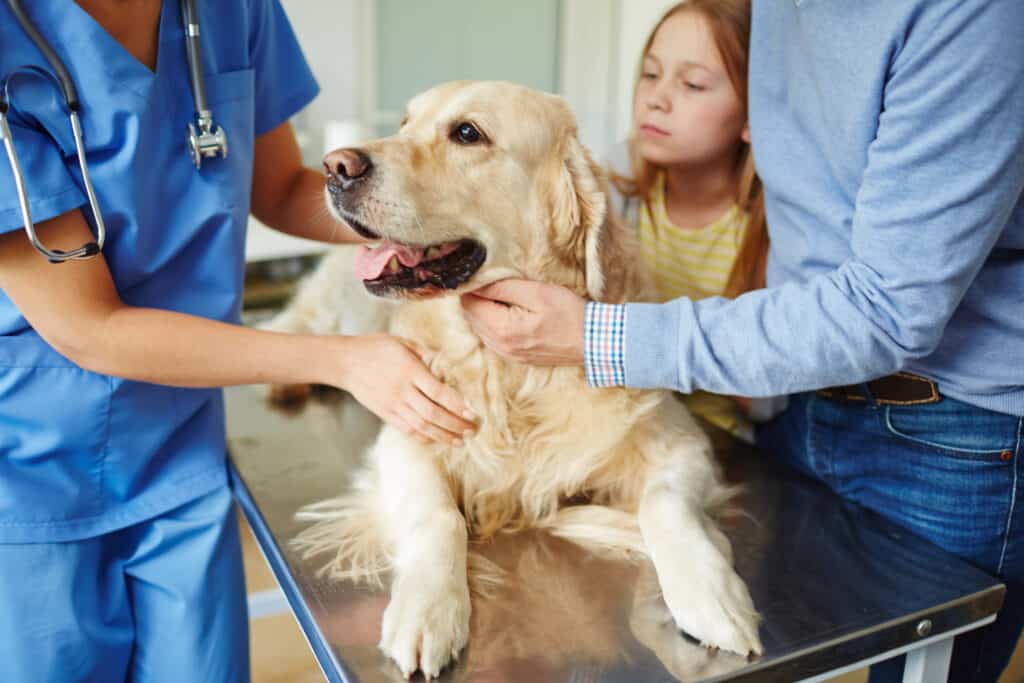
©iStock.com/shironosov
2. Your Dog May have Pica
Does your dog also eat other objects that aren’t food? Even if not, it’s possible your dog has a condition known as Pica. This is a common reason dogs eat rocks and other non-food items.
Pica can exist on its own, but can also be a symptom of underlying medical conditions like diabetes or thyroid disease.
3. Teething Puppies May Chew Rocks
Just like babies, teething puppies stick everything in their mouths. It’s how they learn about the world around them. After all, they don’t have hands they can use to reach out and feel objects.
Teething is also very painful, and puppies look for objects to soothe their gums. A cool rock might seem like a good way to do so in the eyes of a puppy, although we know it’s actually quite dangerous and bad for the teeth!
Of course, the simple solution to this is to make sure your puppy has plenty of other things to chew on. Carefully supervise their chewing so that they don’t pick up, chew, or eat objects they shouldn’t.
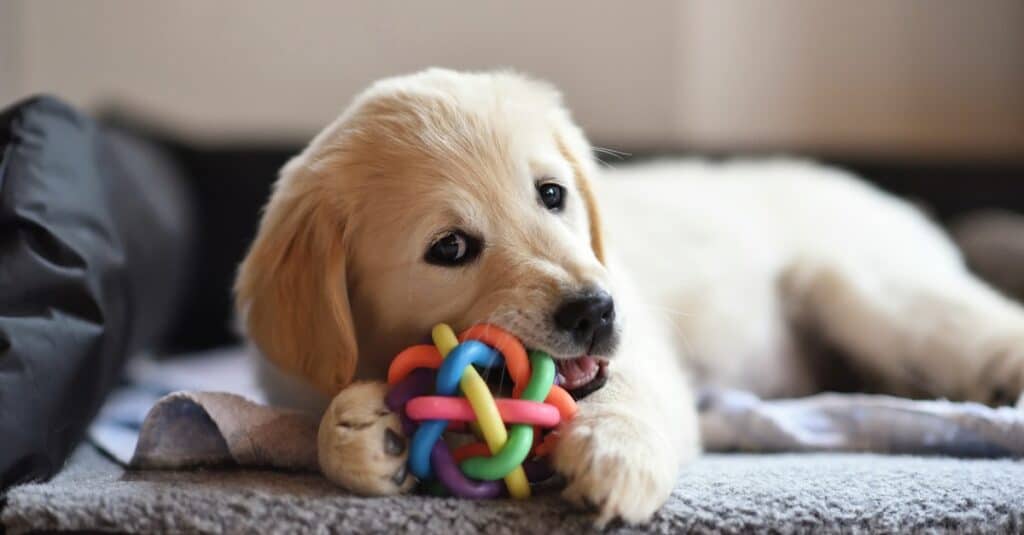
©iStock.com/Photology1971
4. They’re Having an Emotional Reaction
Your dog may be frustrated from lack of stimulation, boredom, or may even be seeking attention. These big emotional reactions can cause them to do odd things sometimes!
Don’t ignore a dog who’s having big feelings, even if what they’re looking for is attention. Firstly, it’s dangerous to ignore them completely when they’re eating rocks! But secondly, this is an indicator of a bigger issue.
Your dog may need more attention in order to thrive. I suggest looking at the exercise guidelines for your dog’s breed, if you haven’t already. For rescues, you can make your best guess, look up multiple breeds if you have a couple of guesses, or use the breed group you think your dog belongs to (hunting dogs, retrievers, etc.).
Also look into mental stimulation. No amount of exercise will be good enough for a dog if you aren’t giving them an outlet for their mind as well!
Matching this to your dog’s breed will make it even better — fetch for retrievers, snuffle mats for scent hounds, a flirt pole for sighthounds…the list goes on!
You can also try rotating your dog’s toys so they don’t become bored of them. This can actually be more stimulating than leaving all of the toys out at once, though your dog should always have some toys available.
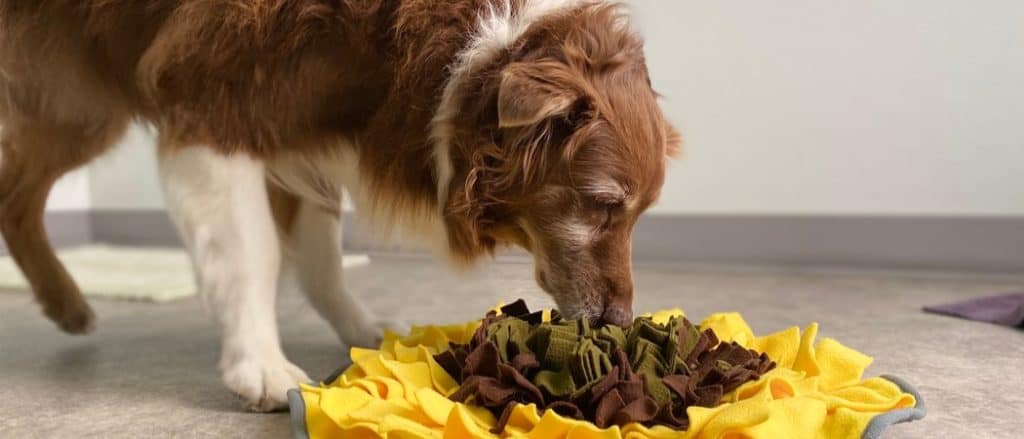
©Ryan Brix/Shutterstock.com
5. They have Anxiety
Stress can cause dogs to eat things they shouldn’t. Separation anxiety, in particular, can cause dogs to eat things around the house. If your dog is left alone outside, especially for long periods of time, they might resort to eating rocks as a stress behavior.
Please don’t get angry or brush this aside — put yourself in your dog’s place, and think about how desperate they must feel in this moment. They do not have control over their behavior, and the kind of stress that causes a dog to eat rocks is incredibly intense.
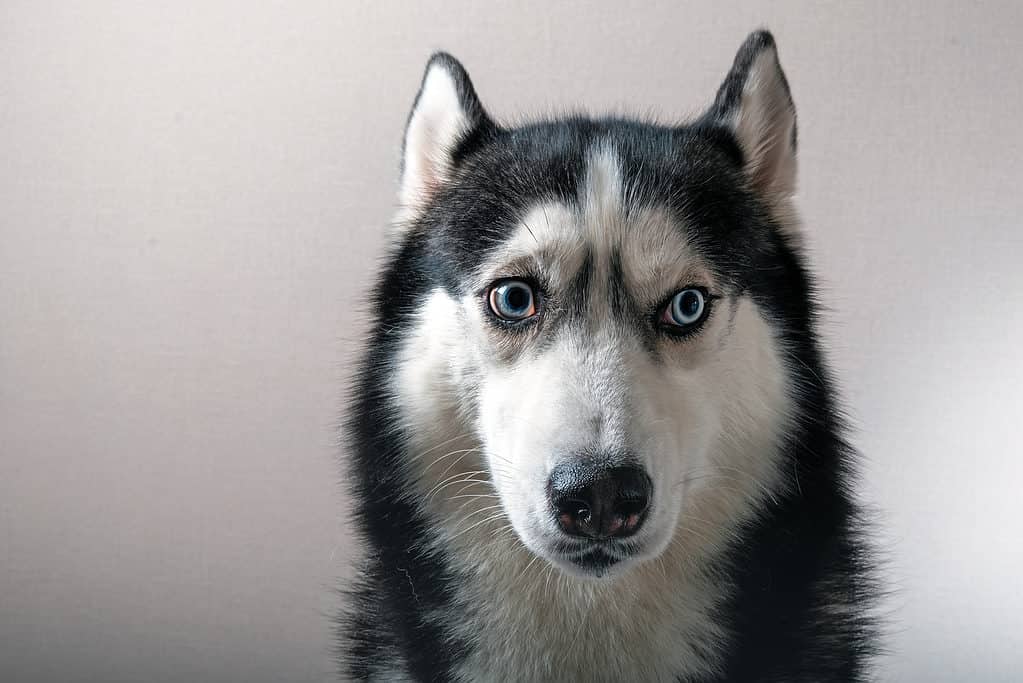
©Konstantin Zaykov/Shutterstock.com
6. The Rock Smells Good
Lastly, the rock might smell like food and confuse your dog. It’s possible some food was dropped on the ground and splattered on the rock.
This is more likely if this is a one-time behavior. However, I still suggest seeing a veterinarian and ruling out the other causes just in case — unless you know that you just had a barbeque and someone dropped their burger in the garden, for instance.
How to Stop Dogs From Eating Rocks
Visit Your Veterinarian
I can’t stress the importance of visiting the vet if your dog eats rocks! They can both help to find the underlying cause, and make sure your dog isn’t suffering health problems from eating rocks such as an intestinal blockage.
Provide Daily Mental and Physical Enrichment
If your dog doesn’t get enough exercise, they’re bound to misbehave. Mental stimulation is just as important, if not more so!
Without an outlet to both their physical and mental energy, dogs can become bored, frustrated, and sad. This can come out in all sorts of ways, including destructive behavior, barking, and eating things they shouldn’t.
How much exercise and mental stimulation your dog needs will depend on their breed(s). Breed pages on the American Kennel Club website are a good place to start, but I also recommend looking at breed club websites and even forums so that you can see what other dog guardians are doing with their pups.
Management with a Leash
While it doesn’t fully address the problem, management with a leash can be key to stopping your dog from eating rocks while you find the underlying cause. What this means is keeping your dog on a leash whenever they’re outside so that you can guide them away from garden beds full of rocks, and quickly pull them away from stray rocks if needed.
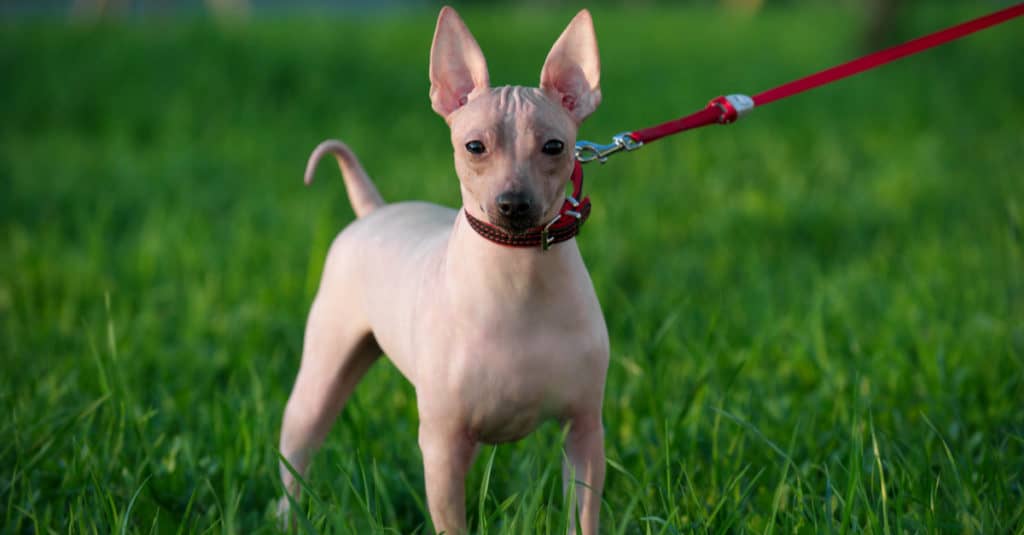
©art nick/Shutterstock.com
Muzzle Training
We tend to think of muzzle training as only necessary for aggressive dogs — but muzzles actually have several uses, and one is to keep your dog from eating things they shouldn’t.
Introduce the muzzle slowly and make it a positive experience for your pup, not a negative one. Reward them with treats and praise for even the tiniest baby steps as they learn to willingly put their head into the muzzle and, eventually, have it strapped into place.
You can then slip the muzzle on before your dog goes outdoors to help stop them from eating rocks. Just keep in mind that many muzzle types allow a dog to eat still, even if it’s more difficult — so supervision is still important.
Supervision
For a dog who eats things they shouldn’t, supervision is essential. Don’t allow your dog outdoors or around rocks unsupervised until you’ve fixed their rock-eating habit.
This can be tedious, but it really is essential. The cost of eating rocks can be very high for both your dog and yourself — I’m talking the emotional toll as well as the vet bill you’d have to pay if they needed surgery.
Teach “Leave it” and “Drop it”
Lastly, it’s vital that every dog knows these two commands. “Leave it” tells your dog to leave an object alone (aka, don’t pick up the rock!). “Drop it” tells them to put something down.
These cues can apply to so many situations to keep your dog safe. Eating rocks is only one of them!
Up Next
- Why Your Dog is Eating Grass, and What To Do About It
- What is Pica, and Why Does It Make Cats Eat Plastic?
- Are Petunias Poisonous To Dogs or Cats?
The post Why Do Dogs Eat Rocks? appeared first on AZ Animals.
from Animal News, Facts, Rankings, and More! - AZ Animals https://ift.tt/CiJABTq